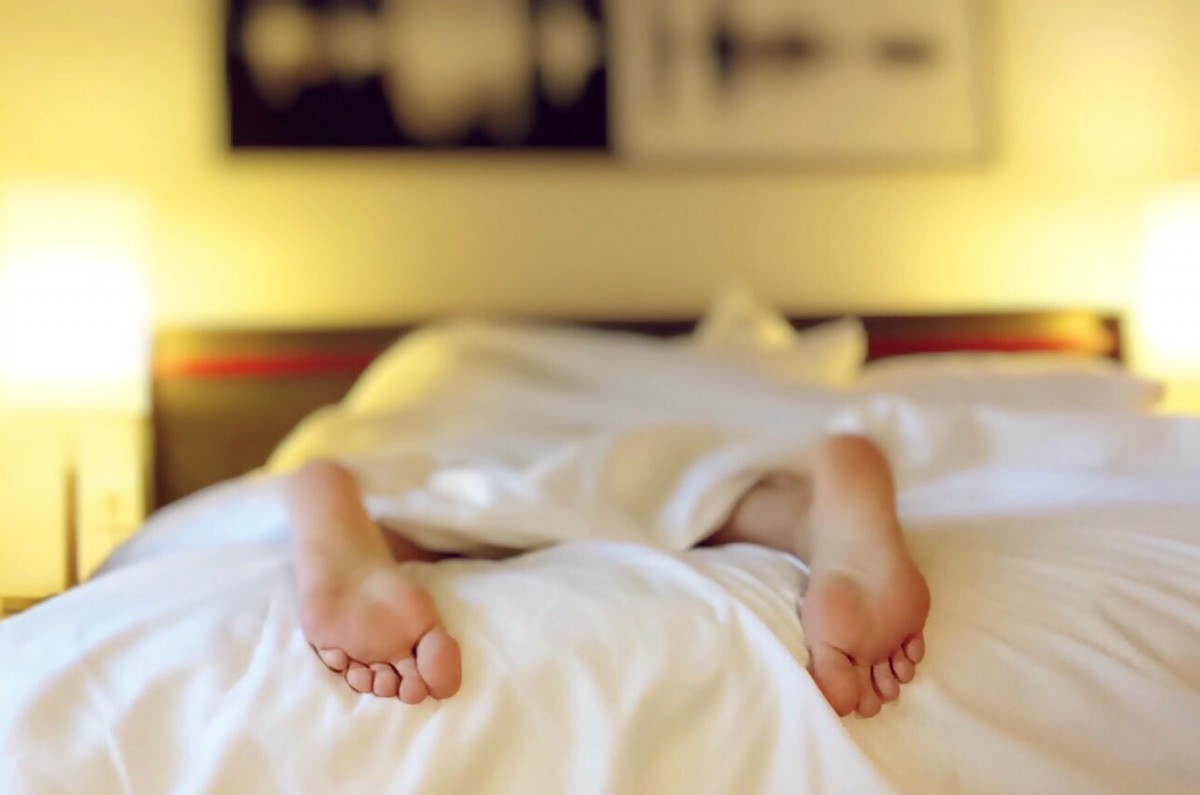
Life&Style Writer, Romana Essop discusses whether we really do need 8 hours of sleep a night and how sleeping less often leaves us more energised
When it comes to sleep, people often regard 8 as the magic number. ‘Adults should get 8 hours of sleep,’ the seemingly more responsible and sensible ones are keen to remind us. But it’s no secret that, whilst some attempt to stick rigidly to the 8-hour target, many students in particular get less than this recommended amount.
The ‘8 hour’ recommendation was first introduced after an extremely long and in-depth research project, which collaborated the results of multiple studies, concluded that less than 7-8 hours of sleep every night increased risk of developing problems which lead to premature death. Such issues were linked to eating habits, the immune system, and memory, and so the supposed impacts of lack of sleep appeared concerning and dangerous. Amongst these potentially catastrophic problems, the more recognisable consequences of sleep deprivation are fatigue, irritability, and low motivation, which we’ve all no doubt experienced.
Ironically, I write this at a time when it is impossible for me to achieve 8 hours of sleep if I’m to attend my 9am lecture, yet I am unexpectedly very much awake. This, I often find, is the case when I have had ‘a late night’ – I feel energised and productive in contrast to the tiredness and lack of focus one might anticipate. In fact, I seem to experience more fatigue and difficulty getting up in the morning when I have had a longer sleep – a curious observation and feeling which, I understand, is not exclusive to me.
I seem to experience more fatigue and difficulty getting up in the morning when I have had a longer sleep
However, the same research which proposed the 8-hour sleep target potentially offers an explanation; claiming that, whilst most of us need to increase our hours of sleep due to the damaging effects of sleep deprivation and the general trend of under-sleeping in the UK, over-sleeping can in fact be even more dangerous for our health. Therefore, the research recommends 8 hours as an optimum, but encourage people not to drop below 7, or rise above 9. It also notes that we cannot essentially ‘catch up’ on sleep as many of us attempt, we should simply get the correct amount of sleep on a regular basis. However, I can’t help but regard this lifestyle as incredibly unrealistic, as it eradicates the possibility of nights out or lazy days if we are to remain properly rested.
Some people have tried alternative sleep patterns to increase productivity and allow for more time awake. For instance, so called ‘polyphasic’ sleeping involves breaking up sleep into smaller chunks throughout the day. This supposedly reduces the overall time people need to sleep by maximising the most effective sleep stages. However, there is little scientific research to support the idea that this is better than regular ‘monophasic’ sleep, and doctors still suggest that any habits which result in less than 7 hours of sleep are not beneficial to our health. Another option which is perhaps easier and more common is afternoon napping. This is said to increase productivity and creativity, hence why some businesses have invested in ‘napping spaces’ to get the most out of their employees (Google headquarters, for example).
Whilst it is obvious that we all need sleep, ultimately, the rigid and prescriptive guideline of 8 hours seems inappropriate given our differing individual sleep requirements. For example, much to the annoyance of my flatmate, I am able to function on relatively little sleep, whereas she often desires much longer than the recommended amount. However, given the convincing research which links sleep deprivation to mental health issues, lowered immune system and reduced memory, perhaps I ought to reconsider my choices the next time I decide to start a film at 2am.
Comments